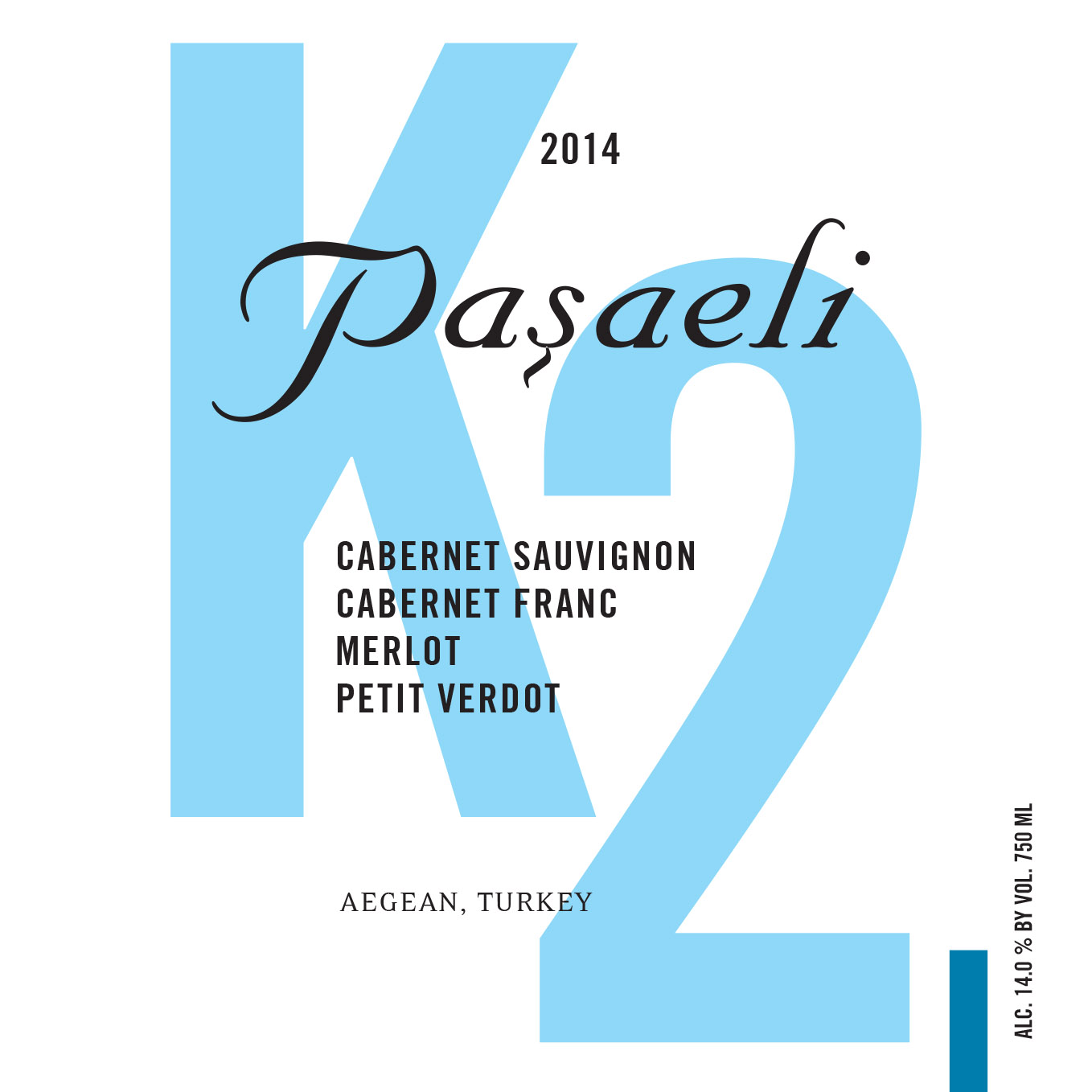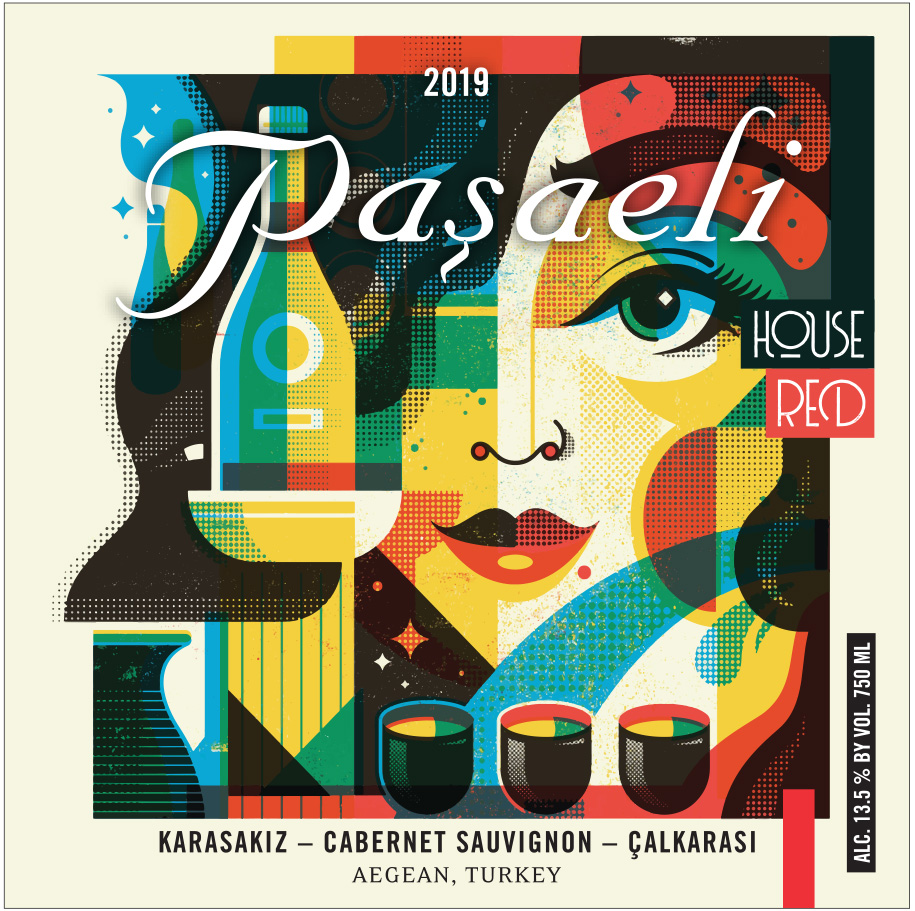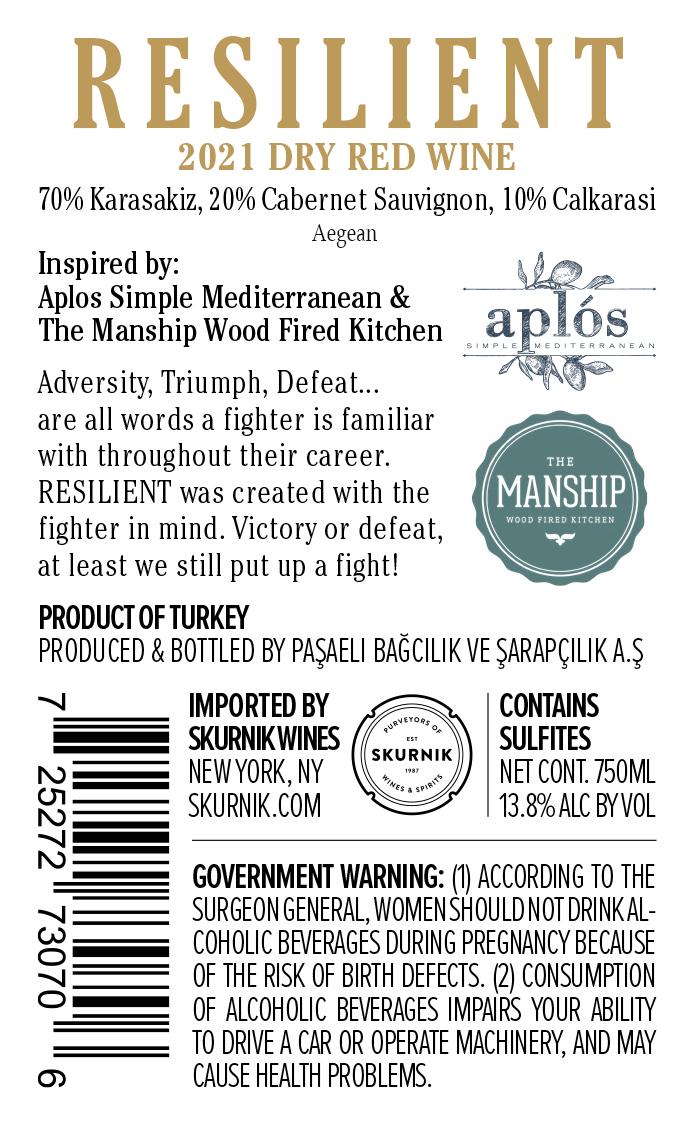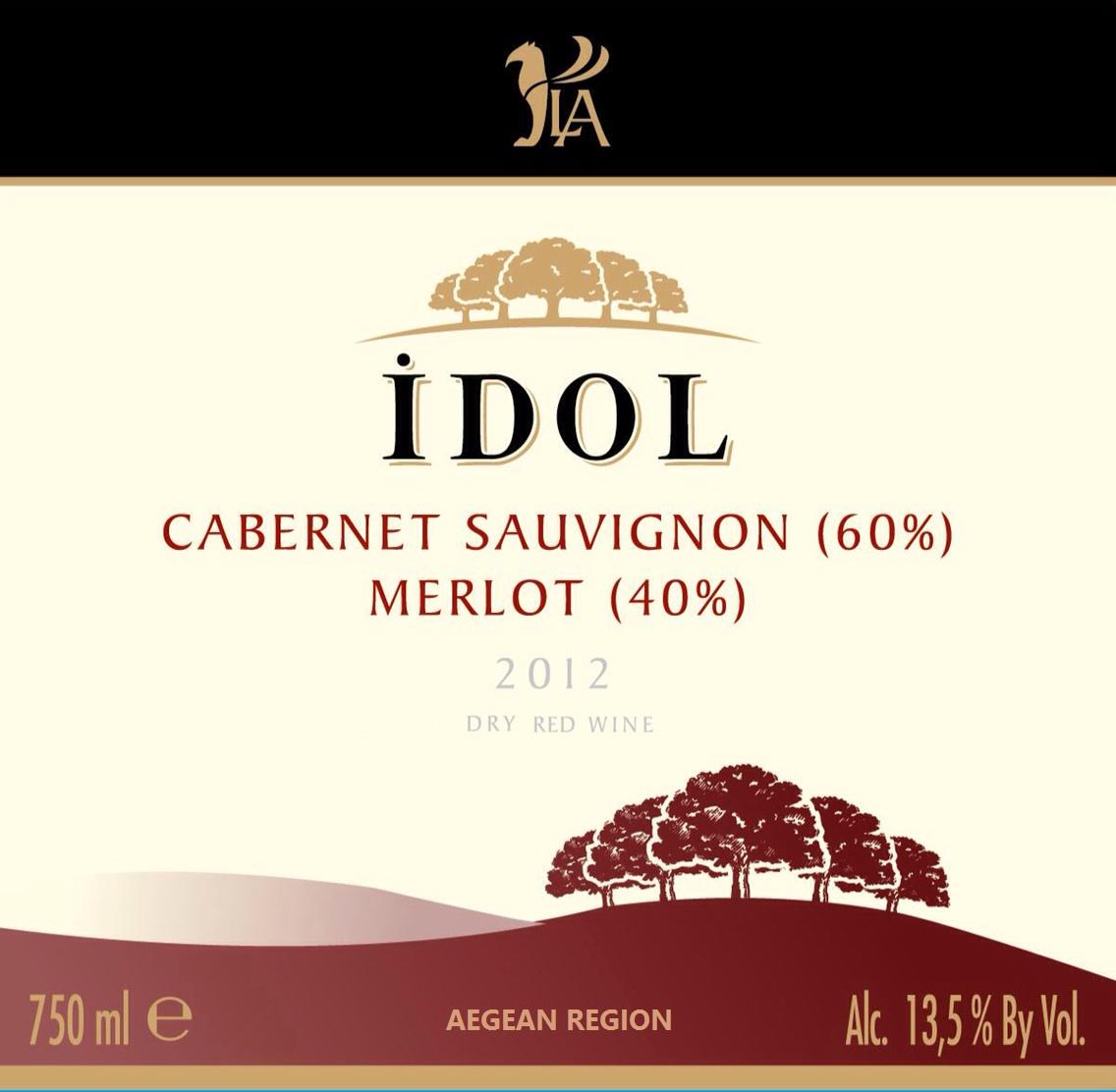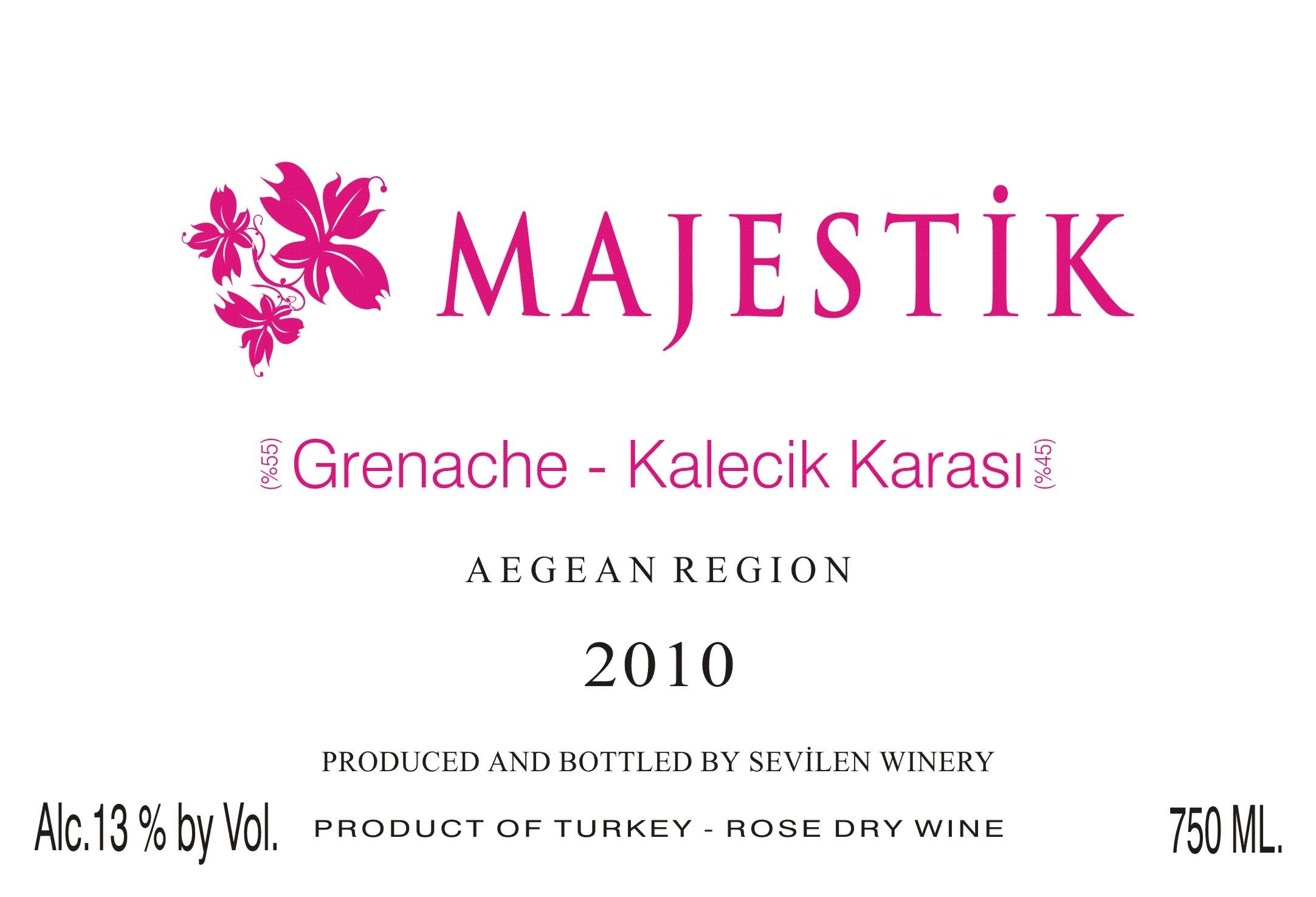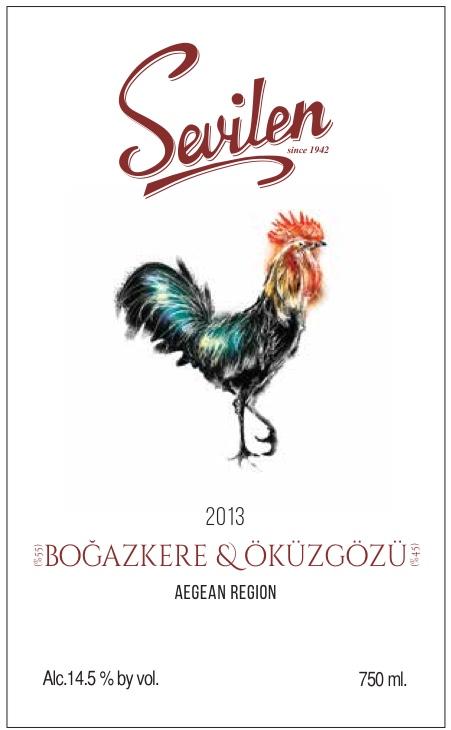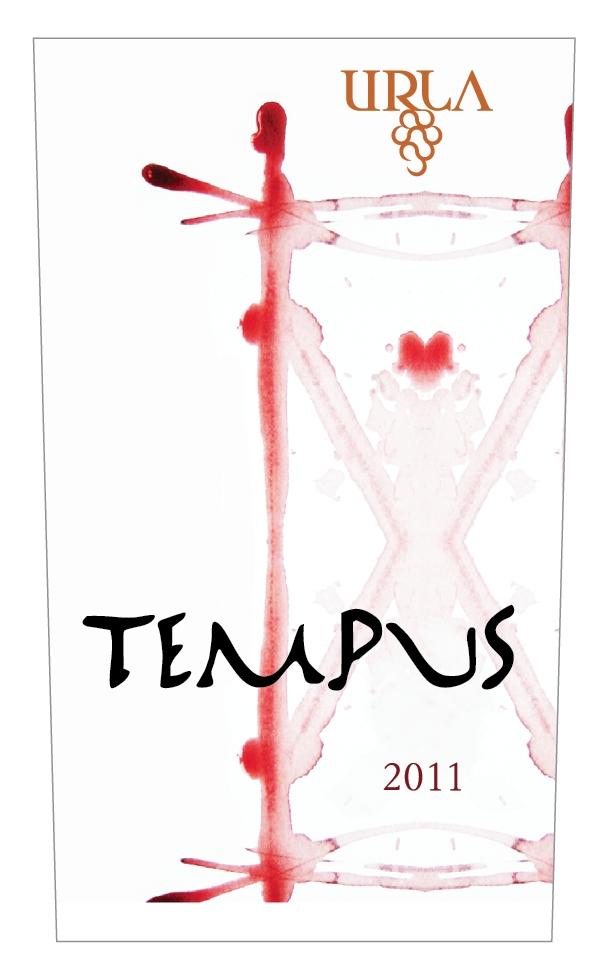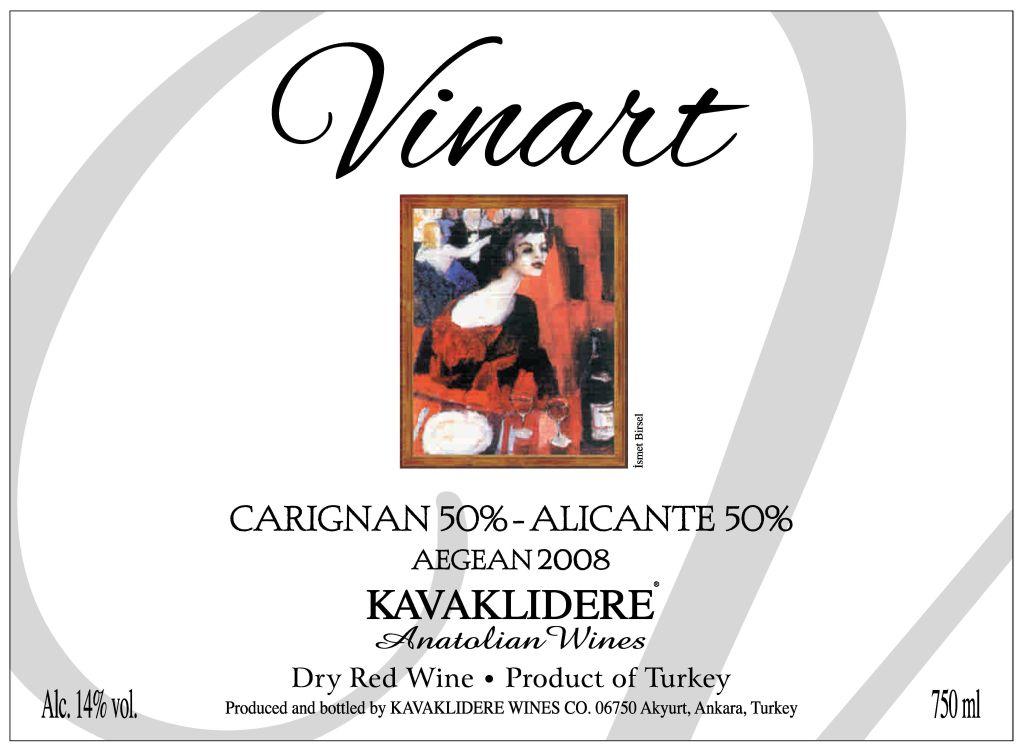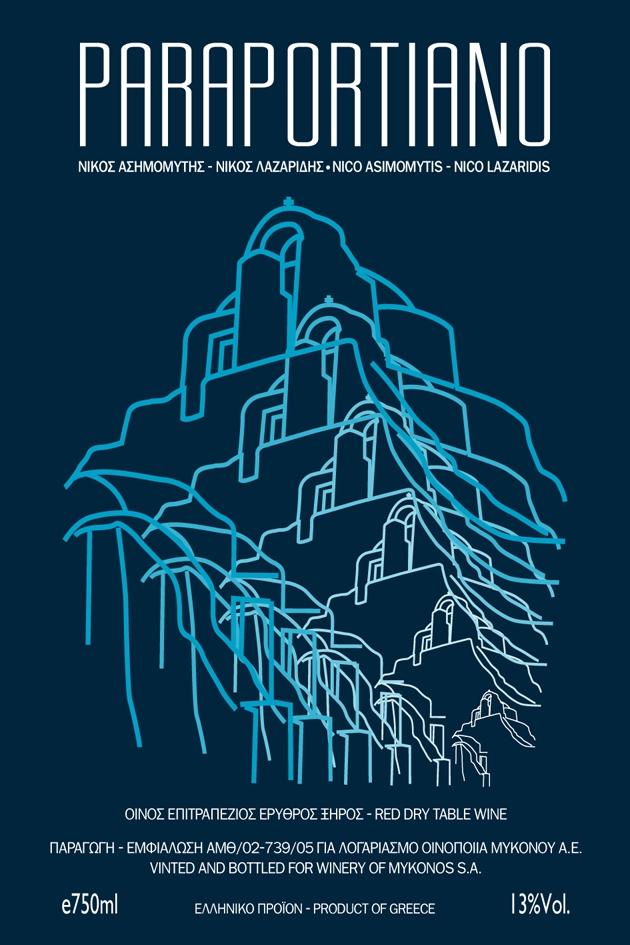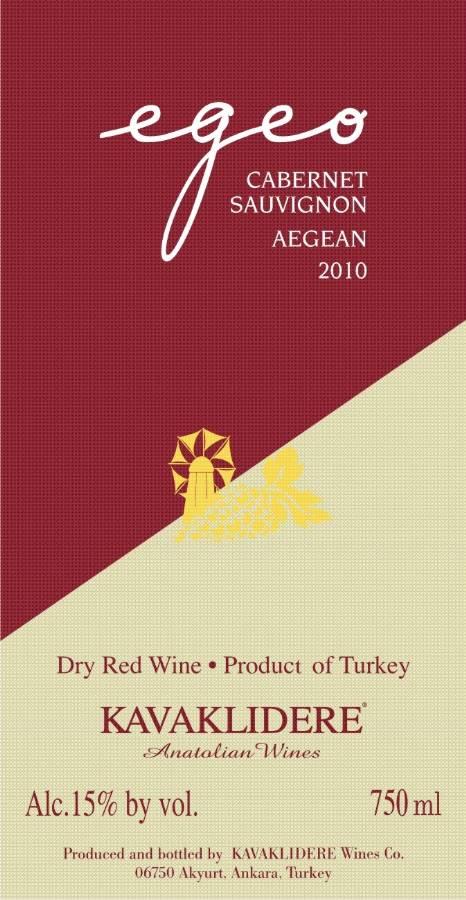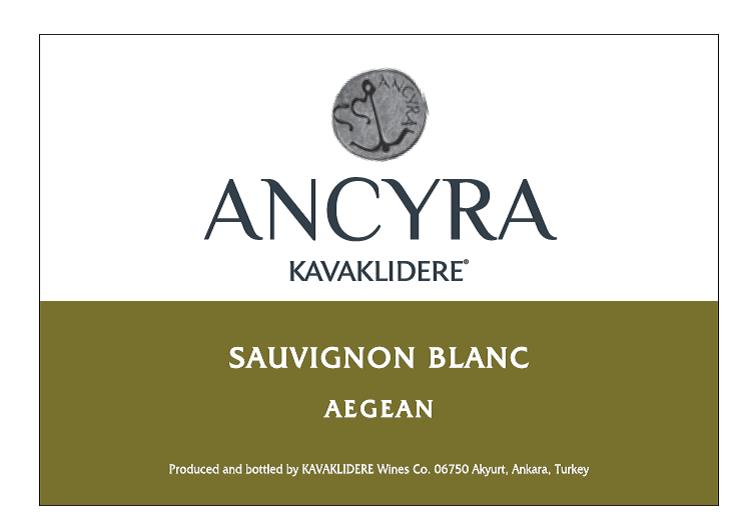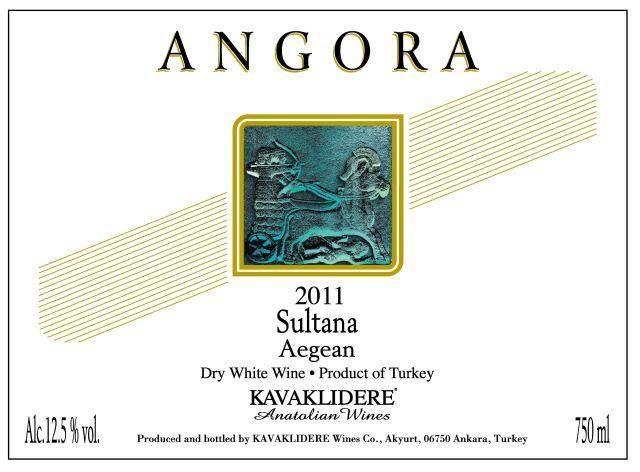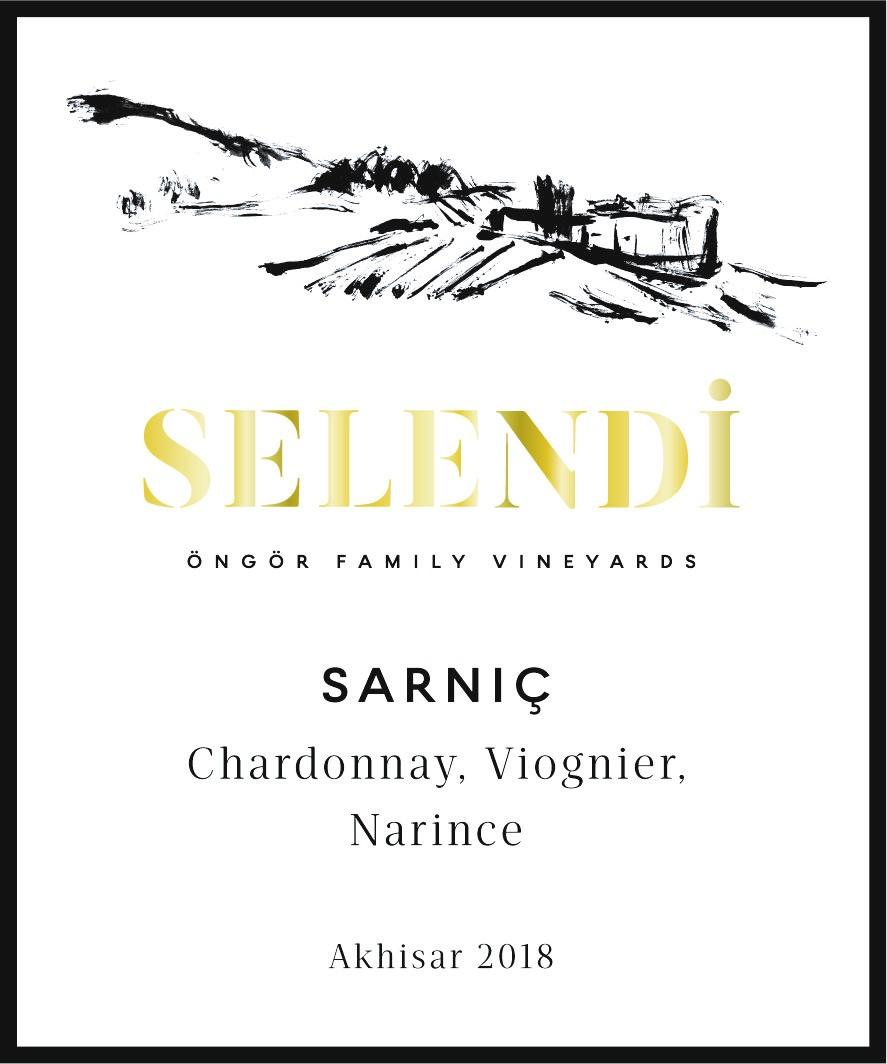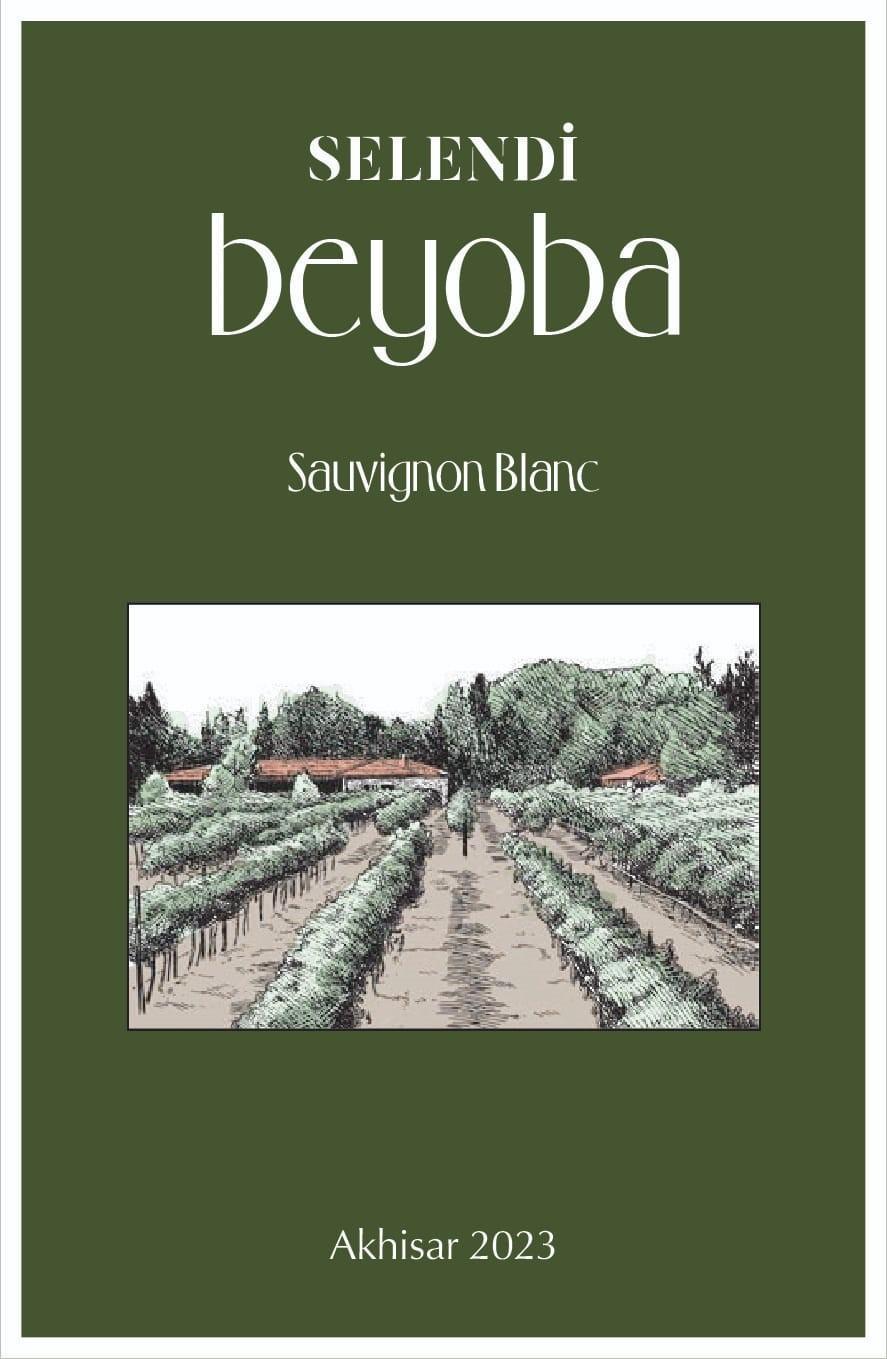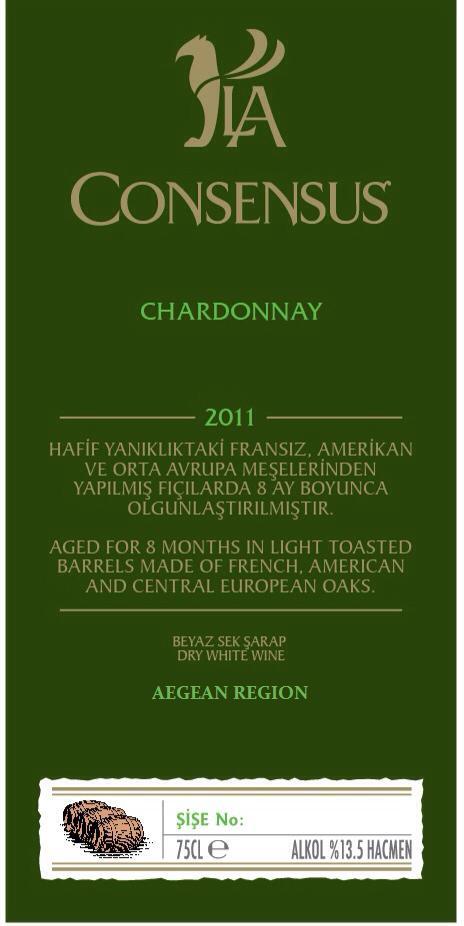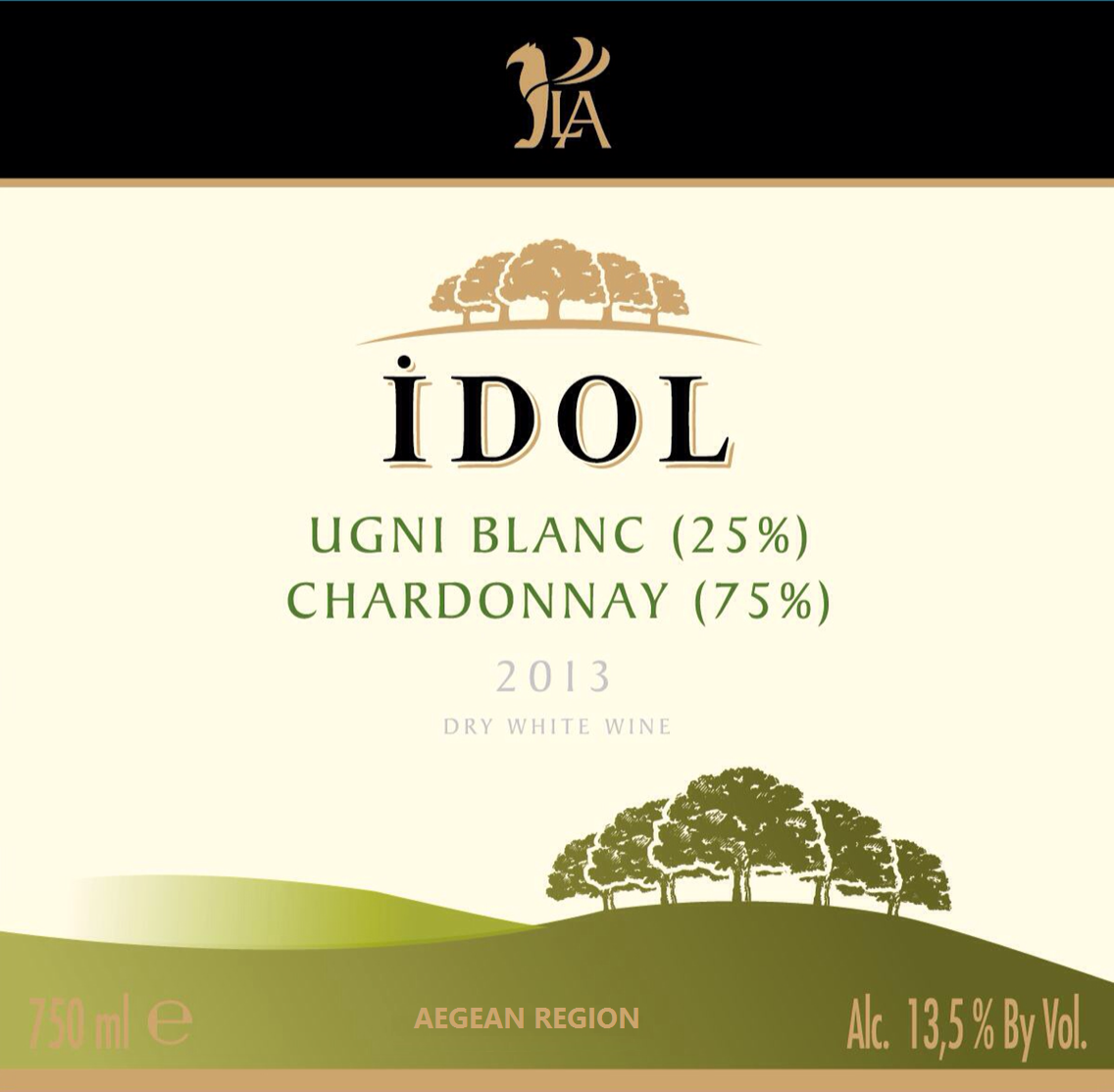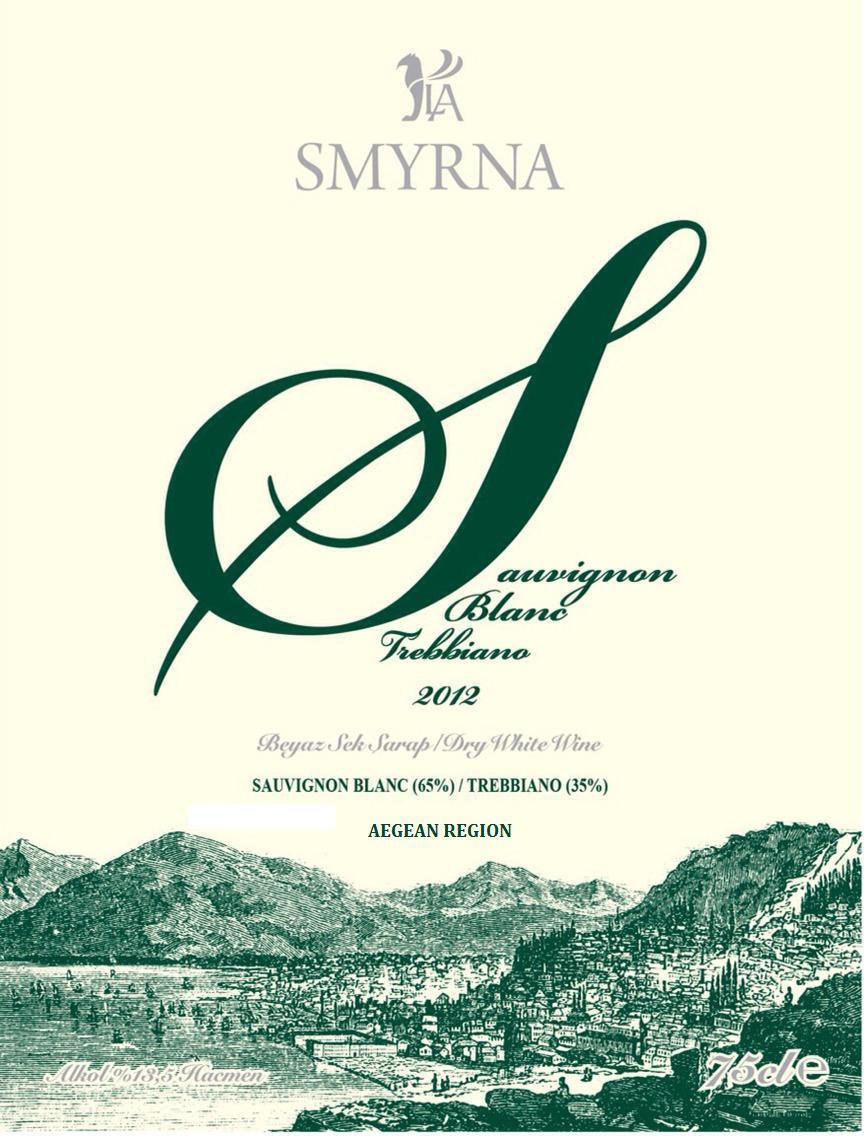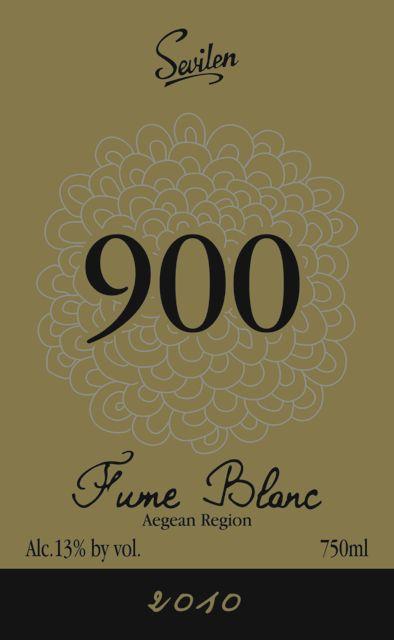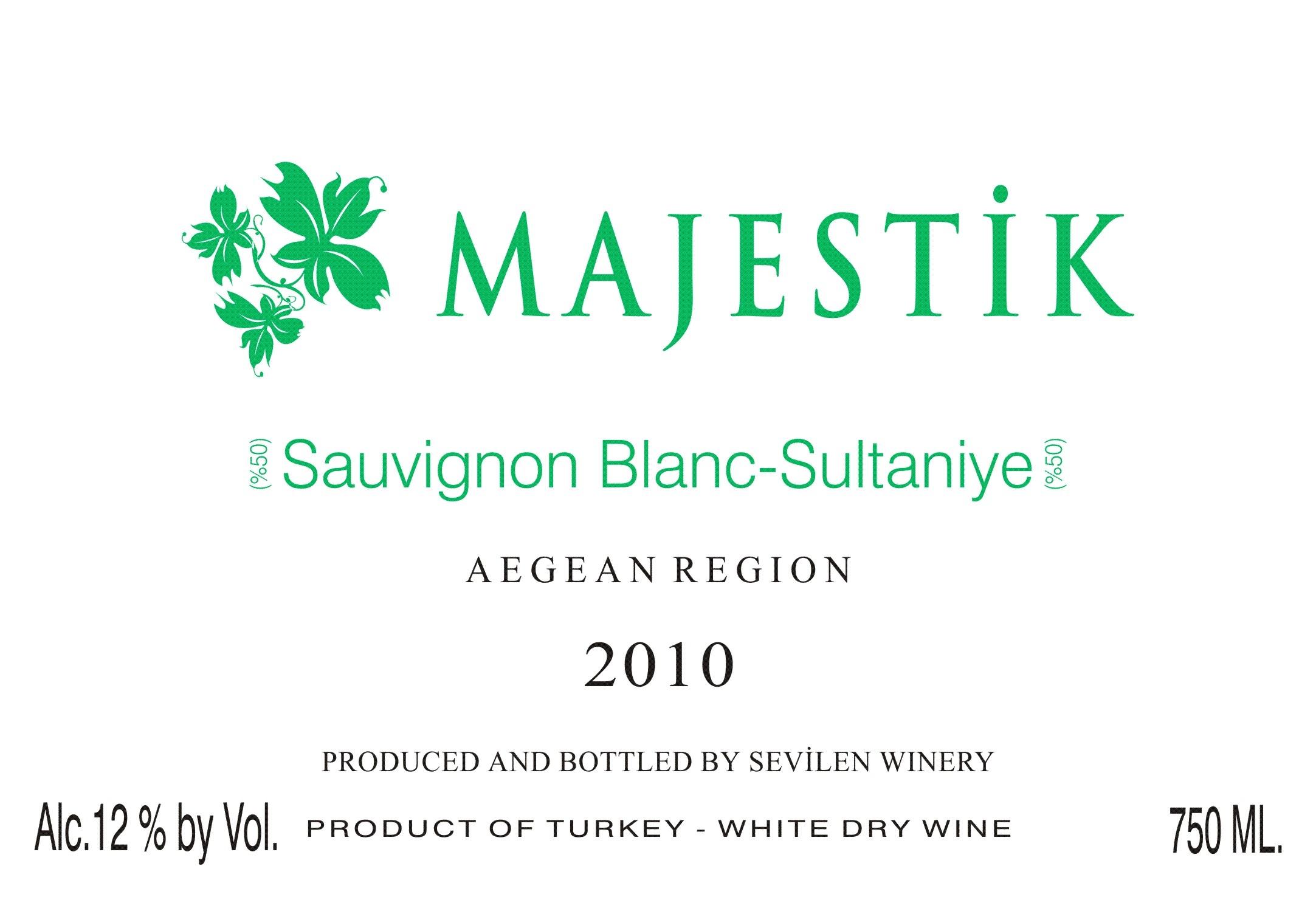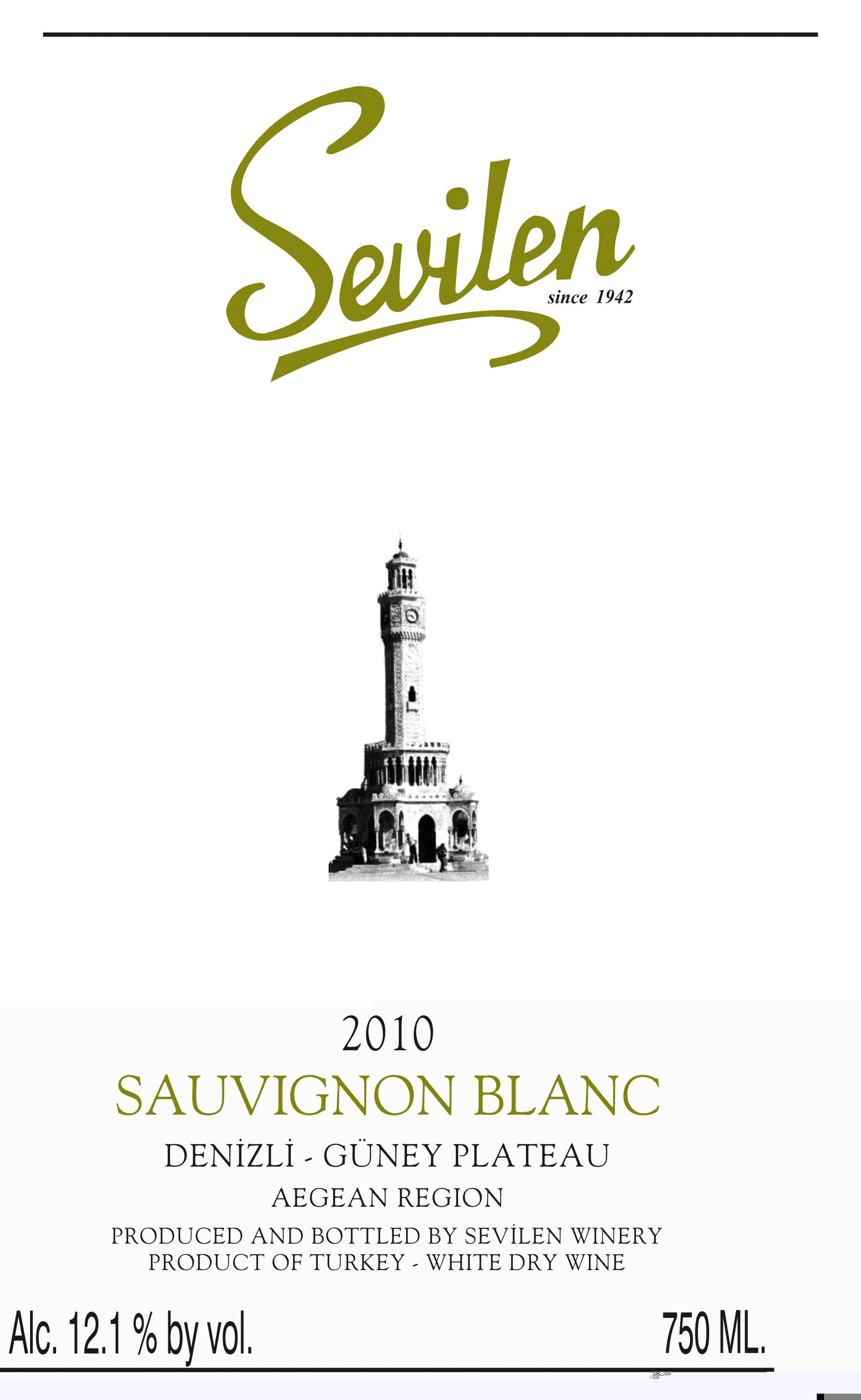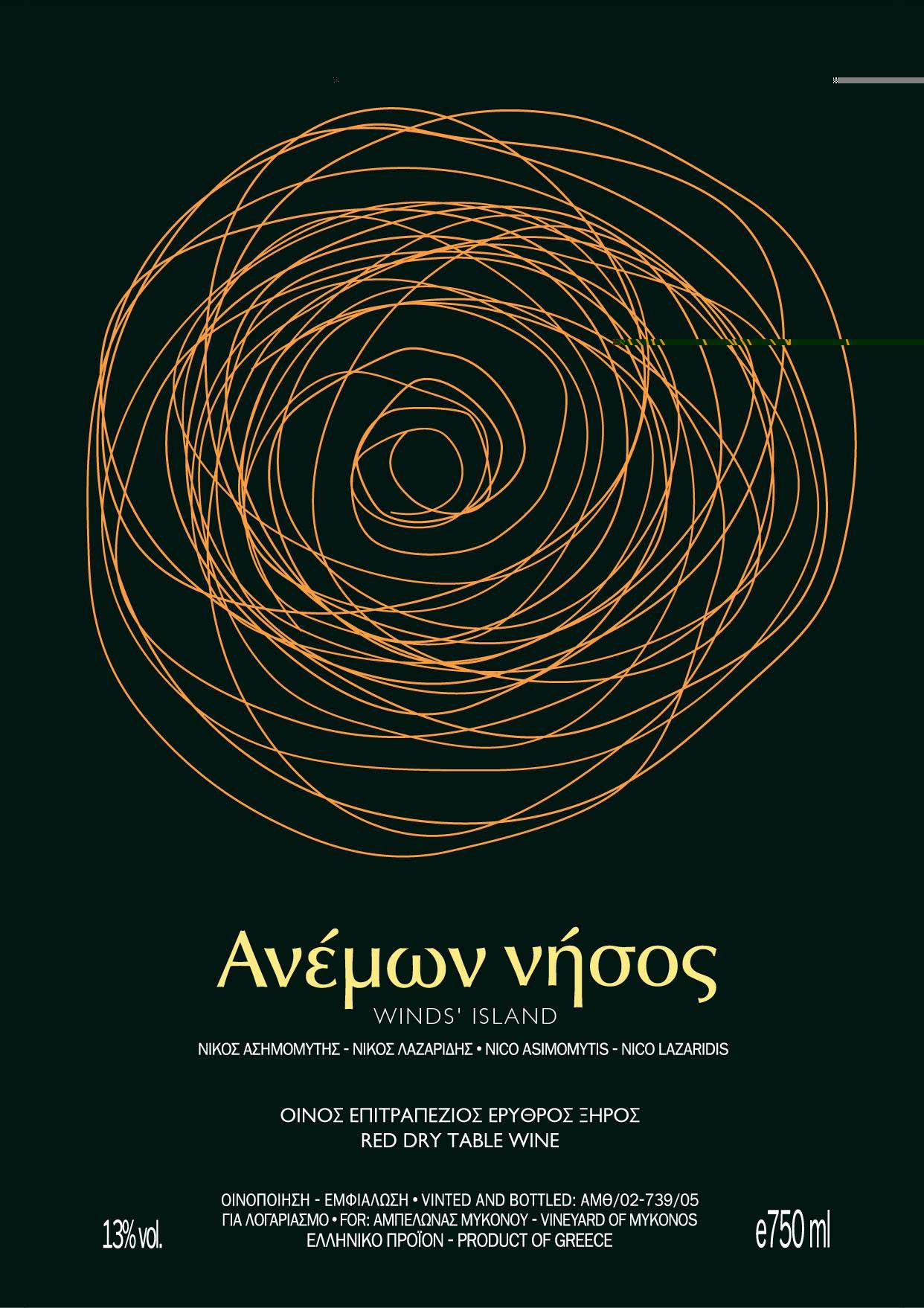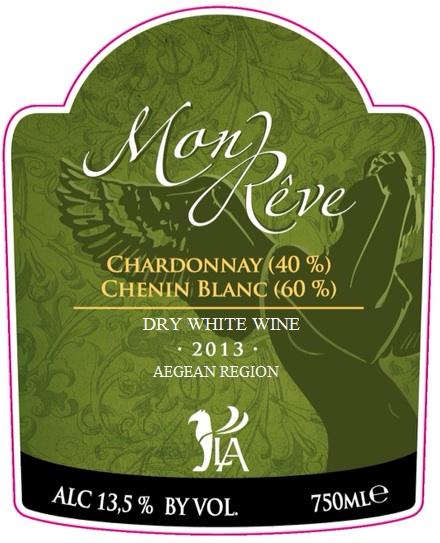Terroir of Aegean Islands
The Aegean Islands enjoy a classic Mediterranean climate with long, sunny summers and mild, wet winters. These islands, like Santorini, face hot, dry summers, receiving minimal rainfall, around 300 mm annually. This scarcity of water demands that vines adapt with deep roots, accessing moisture from the subsoil and morning dew. The region's constant winds, including the Meltemi, cool the vines, reducing disease but requiring special training methods like the basket-shaped kouloura on Santorini to shield grapes from sand and sun.
Soils across the islands are nutrient-poor but well-drained, often volcanic, like Santorini's aspa. These conditions naturally limit vine vigor, promoting low yields and concentrated flavors. The challenging terroir yields grapes with thick skins and intense flavors, producing wines like Assyrtiko with mineral depth and sharp acidity, perfectly reflecting the unique character of the Aegean Islands.
Notable Wineries in Aegean Islands
The Aegean Islands, with their storied winemaking past, boast several notable wineries that capture the region's unique terroir. In Santorini, Domaine Sigalas and Estate Argyros are renowned for their exceptional Assyrtiko wines, reflecting the island's volcanic legacy. SantoWines offers a diverse portfolio and a popular tourist destination overlooking the caldera.
On Paros, Moraitis Winery champions native grapes like Monemvasia, while the Paros Wine Cooperative supports local growers. Samos is famed for its sweet Muscats, with the Union of Winemaking Cooperatives of Samos leading production and pioneering independent labels like Nopera Winery emerging.
In Lemnos, the Limnos Wine Cooperative and boutique producers such as Garalis Winery are making waves with aromatic wines, showcasing the islands' enduring and evolving wine culture.
Sustainable Winemaking in Aegean Islands
The Aegean Islands embrace sustainability by blending time-honored practices with modern innovation. These islands, where vines have thrived for centuries, focus on dry-farming to manage scarce water resources, with techniques like Santorini's basket vine training capturing precious dew. With climate change intensifying, efforts are underway to develop drought-resistant vines and preserve ancient, ungrafted varieties that have adapted to the harsh climate.
Moreover, the region's dry, windy conditions favor organic and low-intervention farming, reducing the need for chemicals. Many winemakers employ traditional methods and materials, such as clay amphorae, to minimize environmental impact. Collaborative efforts, like cooperative wineries, ensure economic viability and cultural preservation, emphasizing that sustainability is as much about people and heritage as it is about the environment.
Wine Tourism in Aegean Islands
The Aegean Islands offer a compelling wine tourism experience, characterized by picturesque vineyards and unique tasting adventures. Visitors can explore Santorini's volcanic landscapes while savoring Assyrtiko wines at renowned wineries like SantoWines and Domaine Sigalas. The island also features attractions like the Koutsogiannopoulos Wine Museum, which provides insights into its rich vinicultural history.
Beyond Santorini, Paros and Samos provide memorable experiences with local varietals such as Monemvasia and Muscat. Paros' Moraitis Winery offers intimate tastings, while Samos boasts its Wine Museum, showcasing sweet Muscats. Lemnos and Rhodes add diversity with their emerging wine scenes, offering tours that blend cultural exploration with wine sampling. These islands collectively showcase the blending of ancient traditions with modern winemaking, allowing wine enthusiasts to appreciate the unique terroirs and flavors of each island, all while enjoying stunning Mediterranean vistas.





